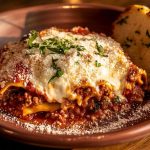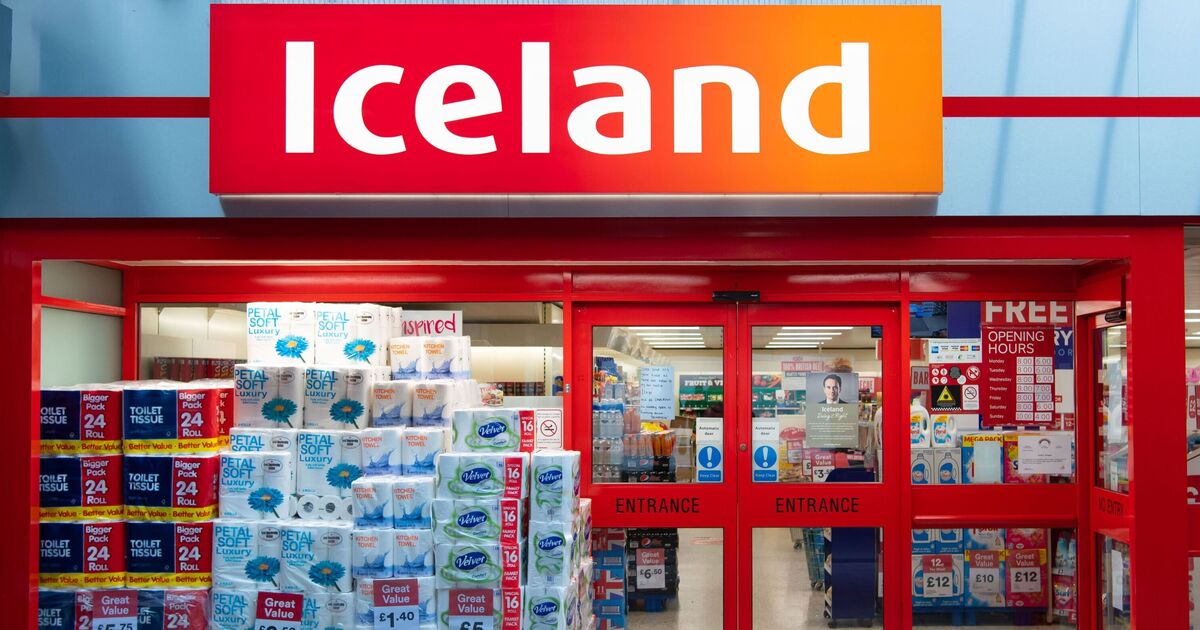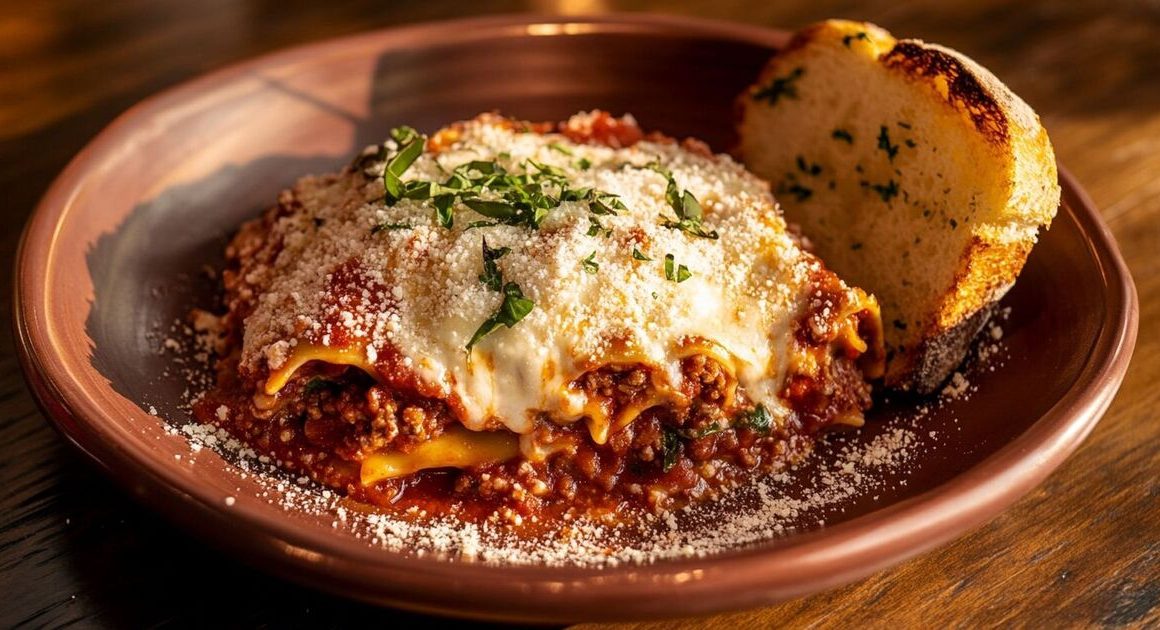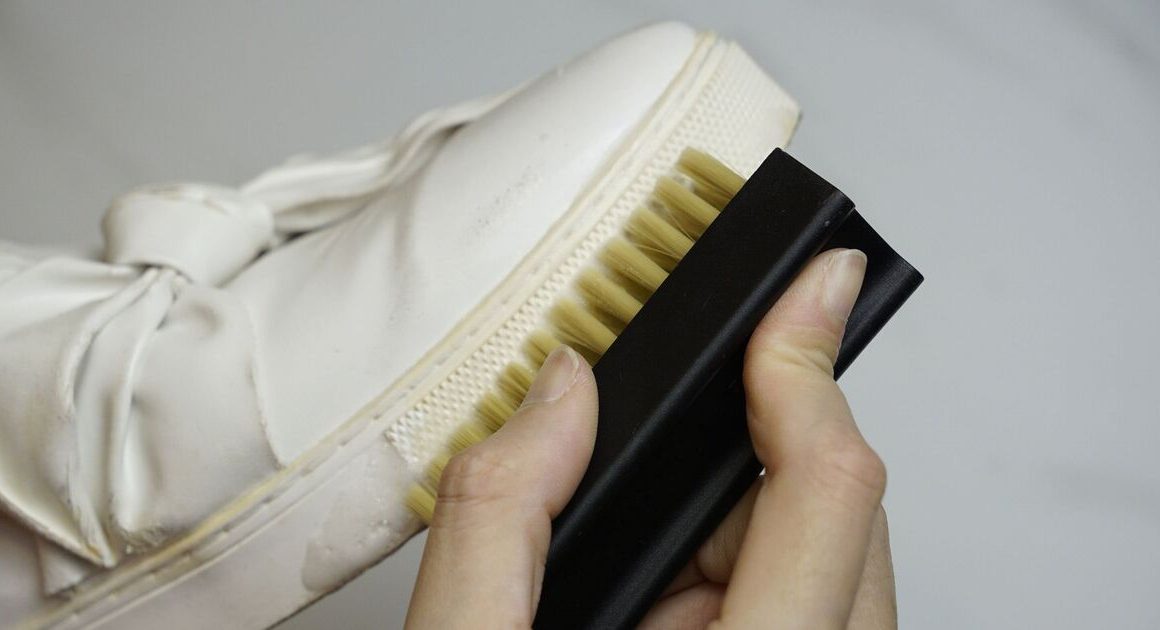Iceland have launched a new policy on baby formula in a bid to help parents.
Iceland Foods chairman Richard Walker previously hit out the “exploitation” of new parents through the high costs off baby formula and reduced the brand’s price on this in 2023.
In 2024, he urged ministers to lift the ban on promotions of baby formula products which would help reduce the costs of formula for parents.
Now Iceland is taking it one step further and has launched new infant formula labels with the hope that these will bring more clarity for parents.
The signs, which have been launched in collaboration with charity Feed, read: “By law, all first infant formulas must include the same ingredients, so all brands are nutritionally equivalent.”
These signs will be placed in stores to give shoppers evidence-based information on infant formula nutrition, allowing them to make informed choices when choosing which formula to purchase, according to Grocery Gazette.
“At Iceland, we’ve been clear that parents shouldn’t have to pay over the odds for essential baby formula. We’ve already taken bold steps to bring prices down, but this next phase is about making sure parents have the facts,” Mr Walker said.
“All first infant formulas are nutritionally the same, and families deserve to know that. This on-shelf labelling initiative with Feed is about delivering transparency, fairness, and real change in the formula market.”
The industry is dominated by just three companies – Danone, Kendal and Nestle, which make up about 90% of the market.
Regulators have previously pointed to prices surging by 25% over the past two years, while consumers have borne the brunt of rising factory costs.
It comes as regulators have proposed sweeping changes for the baby formula industry, after finding many brands cost more than the weekly value of people’s benefits, leading some parents to forgo food to buy the product.
The Competition and Markets Authority (CMA) said issues like high prices and branding in the industry are leading to “poor outcomes” for parents, who could be saving about £300 a year by switching to lower priced products.
Officials said the NHS could have its own non-brand baby formula, in a bid to help drive prices down.
It also said existing products should be provided in non-branded containers in hospitals to reduce brand influence while parents are in a “vulnerable” setting.
The CMA said packaging should clearly display nutritional information, while any claims that cannot easily be checked by parents should be banned. It said this would make it easier for parents to pick between brands.











